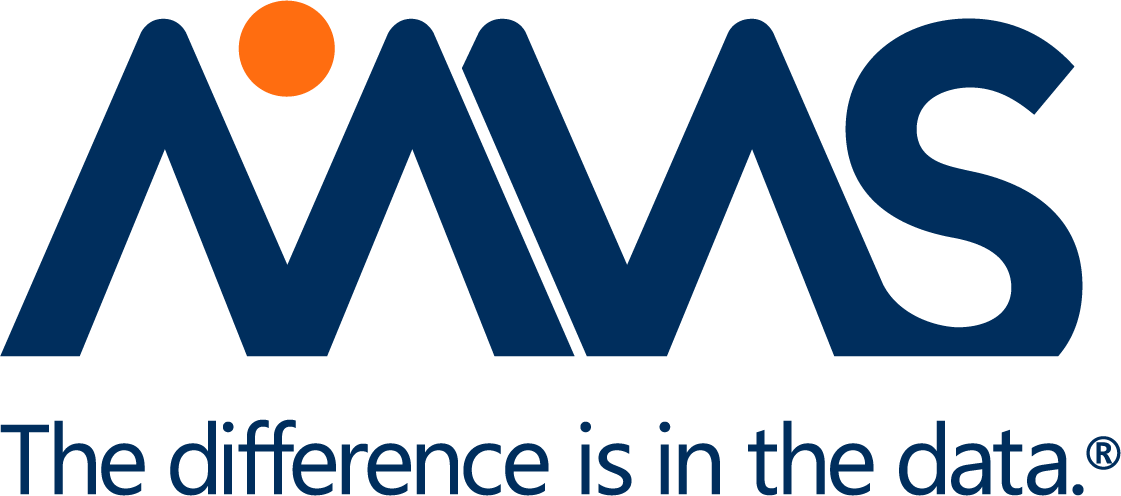The FDA released a draft guidance in September 2023 regarding Demonstrating Substantial Evidence of Effectiveness with One Adequate and Well-Controlled Clinical Investigation and Confirmatory Evidence. They’re accepting public feedback on this guidance until December 18, 2023.
This FDA draft guidance describes factors of consideration of sufficient evidence in submissions and stresses the importance of early engagement with the FDA for sponsors that intend to submit applications with one clinical trial and confirmatory evidence.
While finding substantial evidence is crucial, it alone isn’t adequate for approval. For that to occur, a determination that a drug is safe for intended use must be established. Safety determination involves weighing the benefits of the new therapy against the risks and adverse events.
The number of clinical trials needed to prove effectiveness can differ significantly from one development program to another.
Demonstrating confirmatory evidence
A particular clinical trial’s features will result in a greater or lesser degree of certainty about effectiveness which will have an impact on the number of sources required to demonstrate confirmatory evidence.
Sponsors should evaluate the clinical context for the proposed treatment alongside disease- or condition-specific considerations when determining the appropriateness of leveraging the one adequate and well-controlled clinical investigation and confirmatory evidence approach to applications.
Types of confirmatory evidence are as follows:
- Clinical Evidence from a Related Indication
- Mechanistic or Pharmacodynamic Evidence
- Evidence from a pertinent animal model
- Evidence from other drugs in the same pharmacological category
- Natural History Evidence
- Real World Evidence
- Evidence from Expanded Access Use of an Investigational Drug
A brief history
The FDA draft guidance on “Demonstrating Substantial Evidence” is welcome news, as the science and practice of drug development and clinical evaluation have evolved significantly since the effectiveness requirement for drugs was established when Congress amended the Federal Food, Drug, and Cosmetic Act in 1962. This original act had implications for the amount and type of data needed to support effectiveness determinations.
Since then, the FDA released a Guidance Document in May 1998, Providing Clinical Evidence of Effectiveness for Human Drug and Biological Products. This FDA guidance established the quantitative and qualitative standards for demonstrating effectiveness of drugs and biologics.
Sponsors were enabled to plan drug development programs that were sufficient to establish effectiveness without being excessive while greater consistency and predictability were brought to FDA’s assessment of clinical trial data. This guidance was generally interpreted as two (2) adequate and well-controlled trials, or a single trial with confirmatory evidence.
Thus, introducing flexibility in the evidence needed to support effectiveness.
Evidentiary standards have not changed since 1998. However, the evolution of drug development, science, and technological advances has led to changes in the new drug submissions that come to the FDA for review.
FDA guidance released in 2019 expanded on clinical trial designs that would be considered adequate and well-controlled, under what circumstances it may be appropriate to use a given design, clinical endpoints, and statistical considerations.
Recommendations on moving forward
The FDA suggests that sponsors engage in early discussions with review divisions if they plan to rely on one well-conducted clinical study along with confirmatory evidence to establish effectiveness.
Sponsors should be ready to present a solid scientific justification for this approach tailored to their drug development program. They should outline the expected design of the clinical study intended to be sufficient, along with detailing the confirmatory evidence intended to support substantial evidence alongside this study.
Sponsors should continue to meet with the FDA throughout product development and clinical trial execution.
Throughout clinical trial conduct, Quality & Compliance experts at MMS regularly assist in evaluation of compliance with sponsor requirements through conduct of Mock Inspections, Internal Audits, Clinical Investigator Audits, and Vendor audits.
For questions on how this draft guidance can affect your product pipeline or for support, Please click here to connect with the right resource to respond.
Authored by: Kelly Chain, Senior Manager, Quality and Compliance

